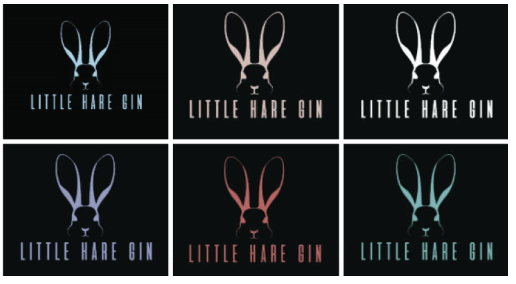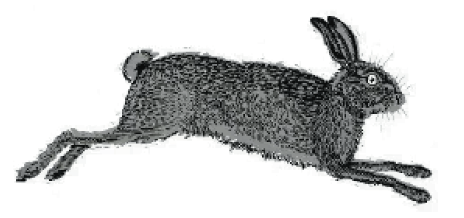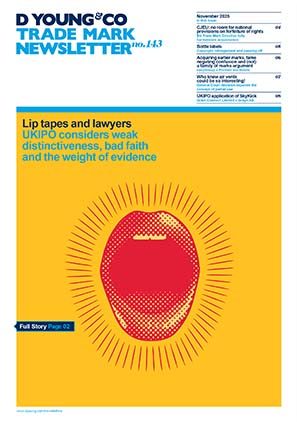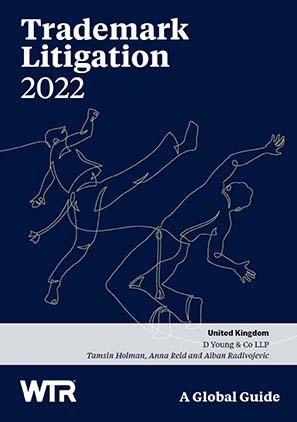Application “starts a hare running”: Little Hare Gin v Harrogate Distillery (Whittaker’s Gin)
This is a somewhat cautionary tale/reminder in relation to UK trade mark opposition proceedings. The case concerned an application by LITTLE HARE GIN COMPANY LIMITED for a series of the six marks shown below, LITTLE HARE GIN with an image of a hare.

The application covered a number of classes but was opposed by HARROGATE DISTILLERY specifically against gin goods in class 33 under sections 5(3) and 5(4), on the basis of a reputation in and use of the hare logo (shown below) on gin. It is relevant that the opponent was unrepresented.

As a result of how the parties handled this case, the reminders to all are:
- If an applicant considers it to be worthwhile to refer to other closely similar marks of unrelated parties being in existence for the relevant goods and/or services, it is necessary not just to point to those on the register, but to show how they are used in the marketplace.
- The evidence should support the grounds of opposition filed so that a consistent case is put forward; if grounds refer to specific goods, it may not be helpful to include evidence relating to other goods.
- Wherever possible, if a witness statement refers to use, the statement should include exhibits to illustrate the nature of the use; for instance, if the mark has been shown on a television programme or an advertisement, a bare statement to this effect is insufficient and exhibits could consist of screen shots and details such as dates and viewing figures. The trade mark should always be clearly visible.
- Submissions will not be taken as evidence which should be set out within the witness statement or another format which includes a statement of truth.
The hearing officer in this case was not about to forgive a party for not following procedures, even one unrepresented. The opposition failed.


